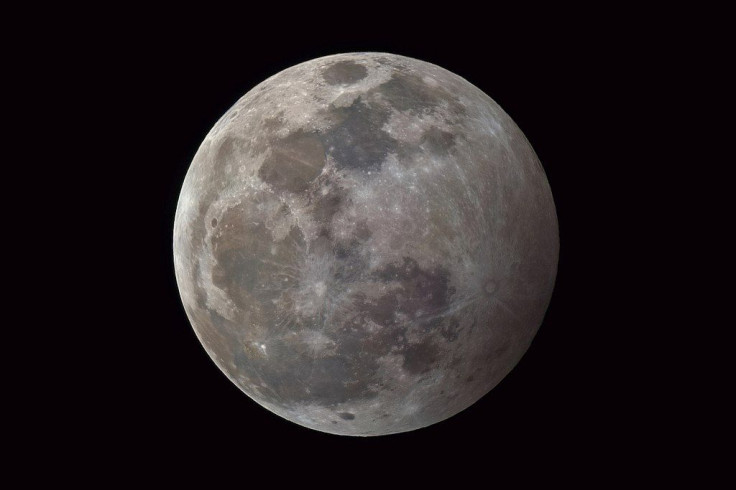Don't Miss This Weekend's Buck Moon And The Penumbral Lunar Eclipse
KEY POINTS
- The Full Moon this Fourth of July weekend will also come with a penumbral lunar eclipse
- The Moon will appear full from Friday evening to Monday morning, making it a Full Moon weekend
- The penumbral lunar eclipse will be very faint but still worth watching
The full Buck Moon will rise this coming weekend, along with a penumbral lunar eclipse. It may not be the most visible lunar eclipse but, it will still be a celestial event worth watching on the Fourth of July.
This weekend, sky watchers in the Americas, parts of Europe and much of Africa will witness a partial penumbral lunar eclipse, when the Moon will appear to dim slightly as it passes through the partial shadow of the Earth.
The eclipse will begin at 11:07 p.m. EDT Saturday (July 4) and last until 1:52 a.m. EDT Sunday (July 5). This means that people in places such as New York can watch the eclipse cross from Saturday to Sunday. Sky watchers in other places may want to convert these times to their respective time zones to make sure that they don't miss the celestial event.
The eclipse, however, will be so faint that some might not even notice the dimming of the Moon. But if you watch carefully, you may notice a slight difference in the appearance of the Moon. Perhaps using sky watching equipment, such as telescopes and binoculars, may help to take a better look.
The Moon will reach peak illumination that evening while the eclipse is ongoing. Although it will begin to appear full starting Friday evening, the Moon will actually be full at 12:44 a.m. EDT and continue to appear full for the rest of the weekend until Monday morning. This makes the coming weekend a full Moon weekend.
According to the Maine Farmer's Almanac, Native American tribes called this month's Full Moon the Buck Moon because it is during this time that bucks' new antlers are in full growth mode. Another name they had for it is the Thunder Moon because of the frequent thunderstorms in July.
In Europe, however, the July Full Moon is sometimes called the Hay Moon because of the haymaking in June and July, while the names Mead Moon and Rose Moon usually used for July Full Moon are also used for the previous month's Full Moon.

© Copyright IBTimes 2024. All rights reserved.






















